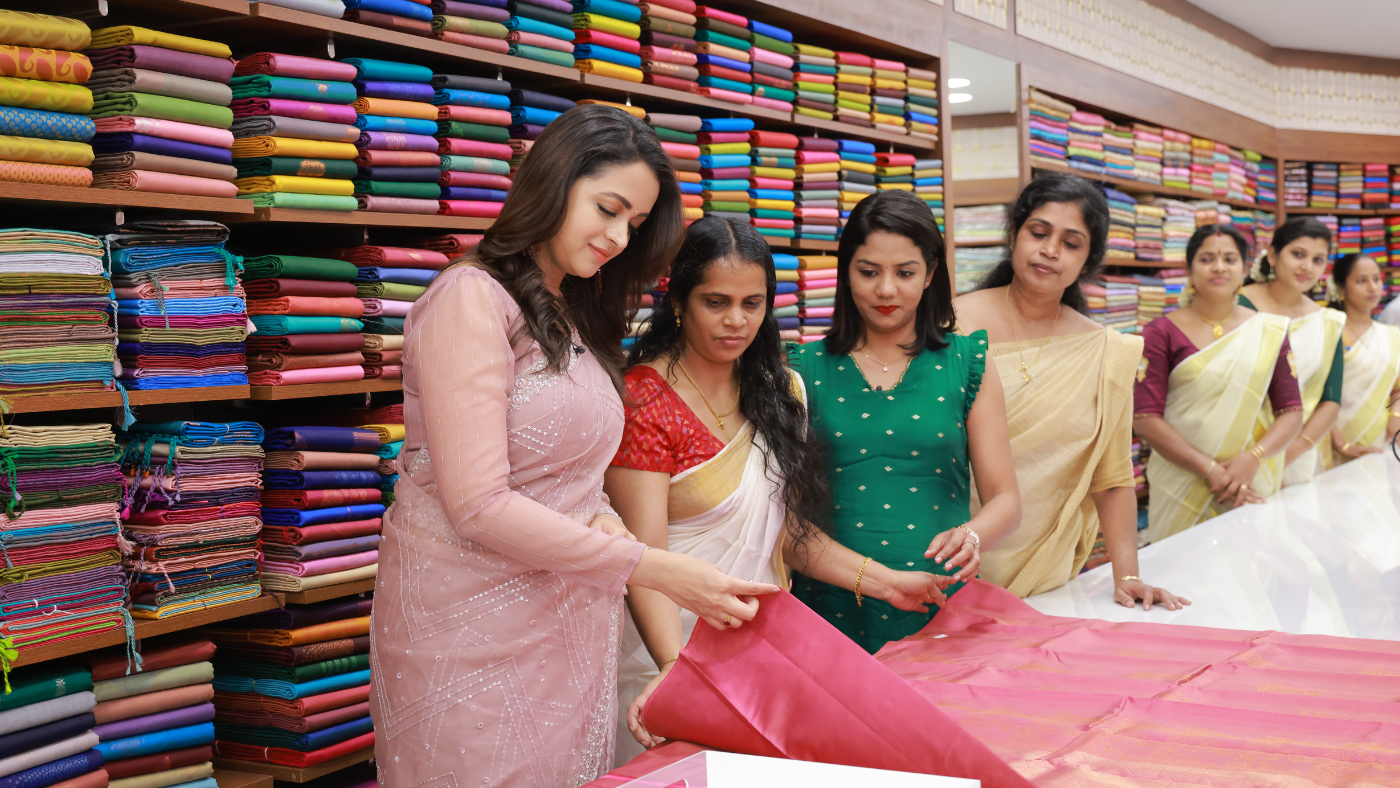
How To Take Care Of Your Exquisite Sarees - Home Remedies
A wide range of Indian cultural ensembles is offered. The ones we purchase for important events are frequently elaborate and ornamented, made from various materials, and include intricate designs. Trimmings weaves, and exciting and occasionally challenging embroideries give them distinctive charm and texture.
Sarees, a category of Indian ethnic dress, are excellent investments because of their adaptability and fluidity. By switching drape types and blouses, you may create several appearances and use them for years, regardless of age.
Here are five ways to take care of your expensive sarees:
Change the folds: You must adhere to this regimen for all of your zari and silk sarees. It is of the utmost significance. Bring them outside and let them be exposed to indirect sunlight for a few hours. Sarees shouldn’t be exposed to direct sunlight, which could cause the zari to lose its colours and lustre. Doing so can avoid any unanticipated fungal assault or musty odour. When you put them away, ensure not to forget to vary the folding pattern, as this will prevent the zari from breaking and a permanent crease from forming.
Do not use hangers: The use of hangers made of metal is not recommended for hanging sarees. The exclusive piece may be ruined if the metal comes into contact with the zari or the silk. If you want to keep your clothes from becoming damaged by the moisture in the air, you should either hang them on a hanger made of fabric or wood or wrap them in cotton or muslin before putting them away. You can also use pouches of silica gel to prevent the growth of mold and humidity in your environment.
Put an end to the stain: If your saree is stained, you should wash it in cold running water to remove the stain. If necessary, you can clean it with a gentle body soap bar. Before washing the stain, you can dry it with glycerine or talcum powder if it's an oil stain. Talcum powder is another option.
Naphthalene balls: In close quarters, moths and silverfish will settle in and feast on your exquisite sarees. To keep all these insects at bay, you should use naphthalene balls. Because these balls tend to discolour any zari work, you should avoid keeping them in direct touch with your saree. Dry neem leaves are an excellent alternative for individuals who wish to steer clear of them. Neem leaves offer qualities that protect against pests and fungal infections, making them a perfect choice for warding off unwelcome intruders.
Wash silk saris: One of the most delicate fabrics is silk, and washing it requires extra care. Avoid using harsh detergents while washing them in cold water; dilute the one you are using. Avoid wriggling or twisting them while you dry them since these wrinkles can remain.
Final Thoughts
When the clothing is of poor quality, maintenance is tough. Colours may occasionally bleed, or the cloth may reveal it; redemption is unlikely! Even the best costumes require special love and care to maintain their impeccable quality.


